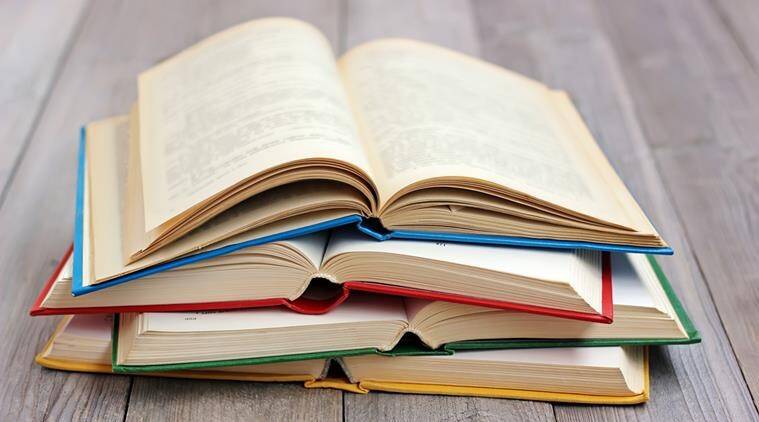


Description: Lectures provide essential information. Study skills of good preparation, note-taking, note revision, and filing lead to better learning and higher grades.
An average student might roll up for lectures, then take a few notes word-for-word which will be stashed in a folder and forgotten until exams are on the horizon.
An ambitious student knows which lecture is coming, prepares for it well, makes the best use of the lecture itself, and consolidates the learning soon afterward. This improves knowledge and makes revision much more efficient later, leading to better exam performance and higher grades.
If possible, the title and subject matter should be known beforehand. If not, just ask the lecturer. Anything relevant on the recommended reading list is worth checking, to pick up the main points and ensure that any new vocabulary is noted, looked up, and learned. Some students prefer to ask to “write essay for me” to have more time for other tasks. Knowing even
a little about the topic beforehand greatly helps the content of the lecture to be understood and remembered.
It’s worth checking with the lecturer whether any notes will be given out on the day, or whether overheads might be available afterward for photocopying. If enough students ask about pre-printed notes, lecturers may decide that this is worth doing.
Notes from the previous lecture could be checked too; often content is sequential and a quick revision will provide a mindset ready to receive the next installment.
Note-taking is the obvious study skill here. However, listening is important, too. If a sentence is spoken, and students start to write it down word for word, they miss the next point. And that point could have been a vital link in the chain.
Listening and watching go hand-in-hand in deciding what are the core points that need to be noted. Expressions can give clues; “My main point is …,” “In essence …,” and “In summary …” are all examples of a trailer for something important. So are raising the voice, repeating a sentence, looking intently at the class, gesturing widely with the hands, pointing at a board or overhead, or pointing the hand towards the class.
Notes should have a title, date, and name of the lecturer. They should be restricted, preferably, to key points only. If there is a pre-printed handout, it can be kept alongside the note paper so that extra points can be made exactly opposite the relevant printed section. The keywords can be underlined or boxed to serve as prompts later.
Pale-colored paper may be a benefit for notes – a master sheet of heavily ruled but unwritten paper can be used as a photocopy master and copied onto blank colored paper. This can be restful for the eyes, and if different colors are used for different topics, this could help recall later.
If time allows, it’s a good idea for students to swap lecture notes for a brief look at other interpretations and note down any undetected points. This swap time should be limited, say to ten or fifteen minutes, as most of the information will probably be the same. In this case, the best essay writing service on Reddit states that this could work well if four students get together and shuffle notes around so that everyone sees each set for ten minutes.
For students who write slowly, or who have specific learning difficulties or concentration problems, tape recording a lecture can be helpful if the lecturer agrees (and does not wander around too much). However, it’s important to be selective, otherwise, it doubles the time devoted to this one session.
Notes should be re-read as soon as possible. It can be helpful to type them up on a computer, too, adding any extra points that come to mind and using bold or italic (or better still, color) print for the absolute key points.
Checking over the notes, looking for any area which wasn’t fully understood, and just
spending a few minutes online or in the library to get it clear. Best of all, ask the lecturer immediately afterward for a quick clarification.
The handwritten notes, together with the typed version and any pre-printed notes provided, should be clipped together, dated, and filed under the topic. Try to keep an alphabetical list of topics and the dates they came up, to revise easier later.
Lectures are at the core of college and university study. To get the maximum benefit from each one, preparation is important, as well as careful and selective note-taking, and revisiting the information as soon as possible afterward. Efficient filing is an excellent investment for future essay writing and revision, too. All of these will ease the student’s path to improved exam grades as a reward for all that hard work.